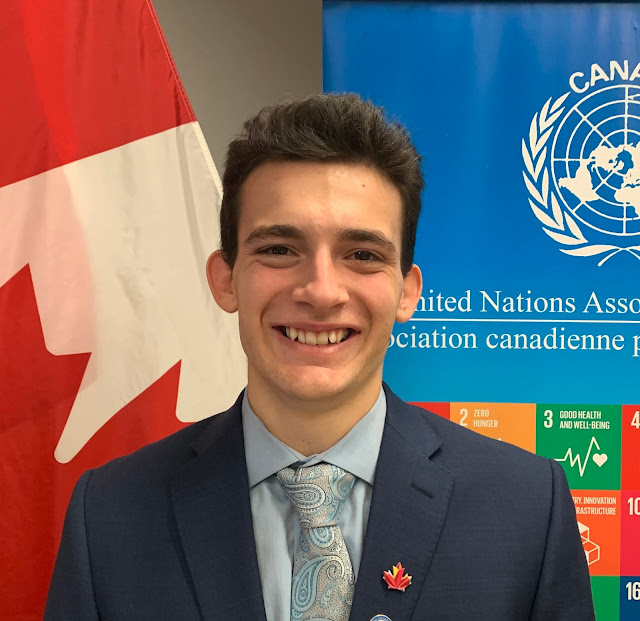Life in Bogota: Luke's Governance Placement with UNDP Colombia
LIFE IN BOGOTA:
LUKE'S GOVERNANCE PLACEMENT
WITH UNDP COLOMBIA
“Something
written on the IDDIP website has stayed with me and is something that I have
thought about often, in the context of global citizenry. That experiences and
connections made doing things such as this now often “produce tremendous
goodwill which is disproportionate to the cost of their creation”. This,
without a doubt is something I have found to be true, over the course of my travels
and in this experience in particular. So thank you for helping me invest in
this.”
BOGOTA - The past
month with UNDP Colombia working in the Democratic Governance Unit has involved
me focusing on electoral strategy in the run up to the 2018 presidential
elections in Colombia. As this is to be the first election since the signing of
the peace deal or acuerdo final reached between the government and the
Revolutionary Armed Forces of Colombia – the People’s Army (FARC-EP) late last
year, there is understandably a close focus on the presidential candidates and
their prospective platforms should they be voted in to la Casa de Nariño. Part of my work involves monitoring
presidential candidates or pre-candidates, political party activity, changes to
the presidential cabinet and to follow the congressional processes surrounding
the implementation of the final agreement in new laws being proposed, debated
and implemented.
The
majority of this last month and the end of my placement will revolve around public
engagement in territories around the
country where UNDP has regional offices. With Congreso Visible, a UN
partner agency and congress watchdog, and the Ministry of the Interior the
purpose of this strategy will be to help citizens understand how to evaluate
and critique their elected politicians, shed light on some avenues for better
informing themselves and their communities, and listening to their concerns and
exploring the potential for public debates in the run up to the May/June elections.
The work is
extremely interesting for the window it offers into the UN’s coordinated
efforts towards achieving and enhancing the political engagement of youth and
the public in the implementation phase of a post conflict Colombia. More than
anything the proximity to and involvement in meetings, conferences and events
with Colombian youth and Civil Society representatives, with Congresswomen/men
and UN staff has allowed me to learn how many Colombians are adjusting to the
changes in the political landscape that the end to the war entails and what
people are doing to make it last or prevent or change its implementation.





Comments
Post a Comment